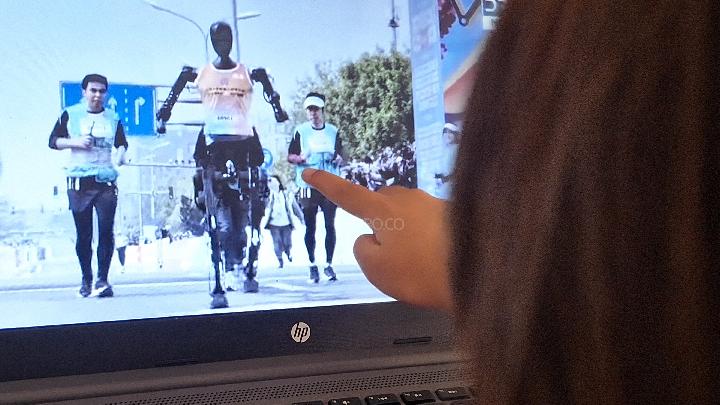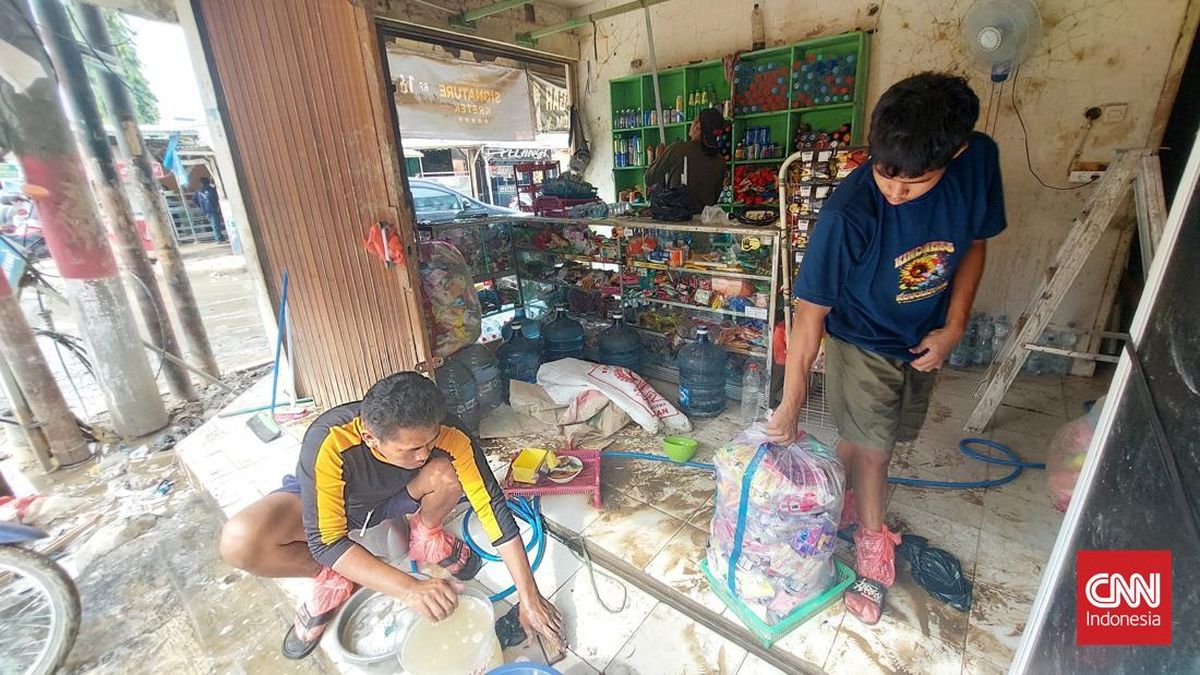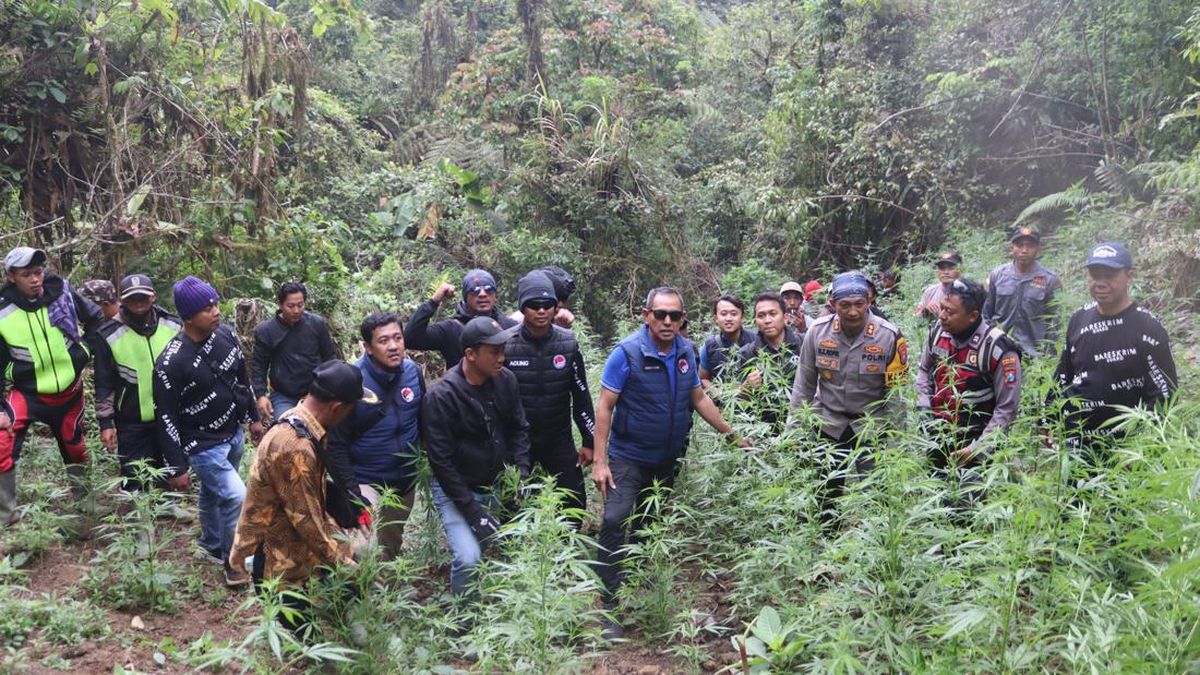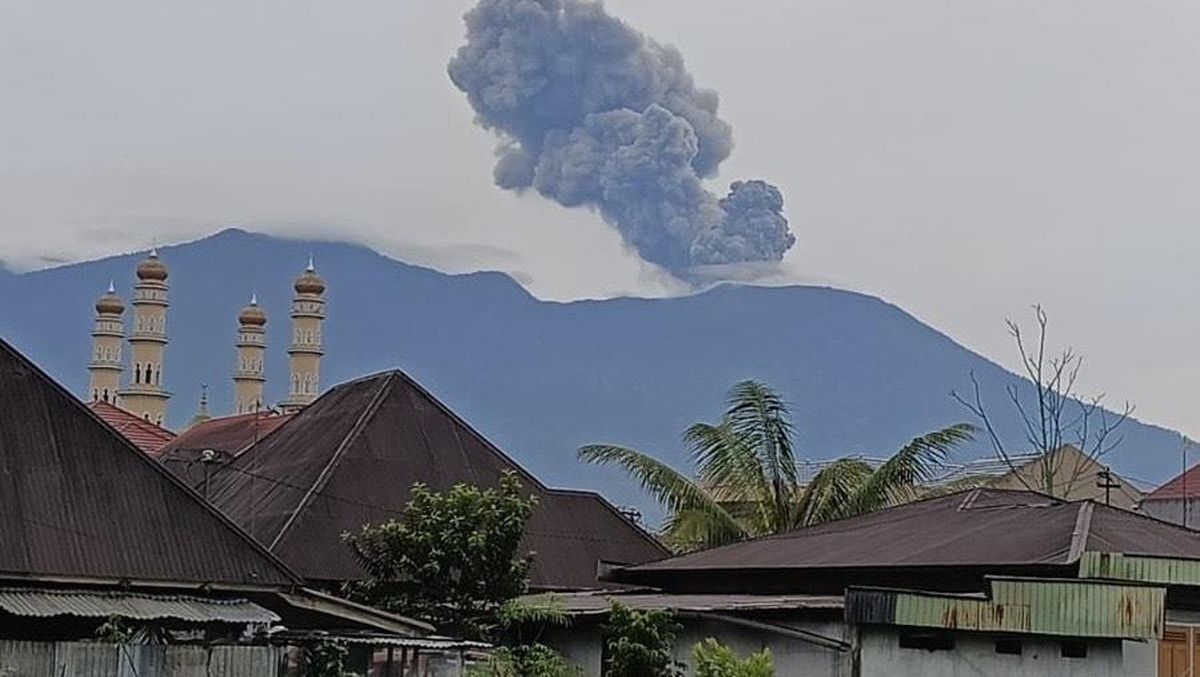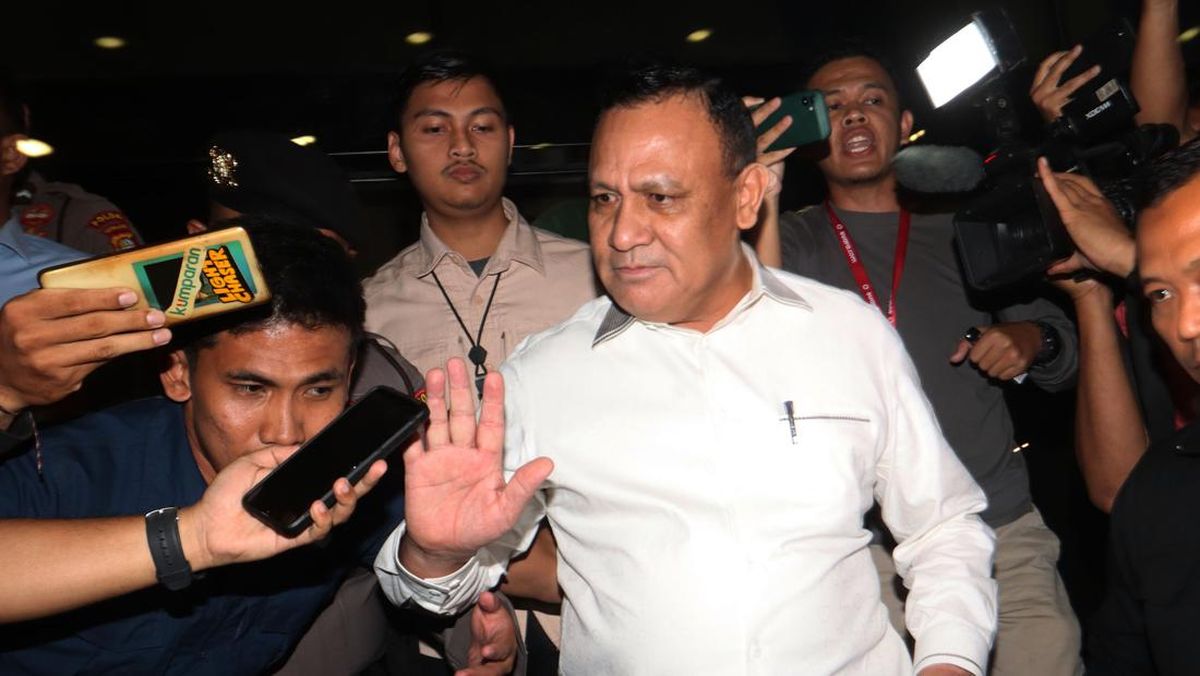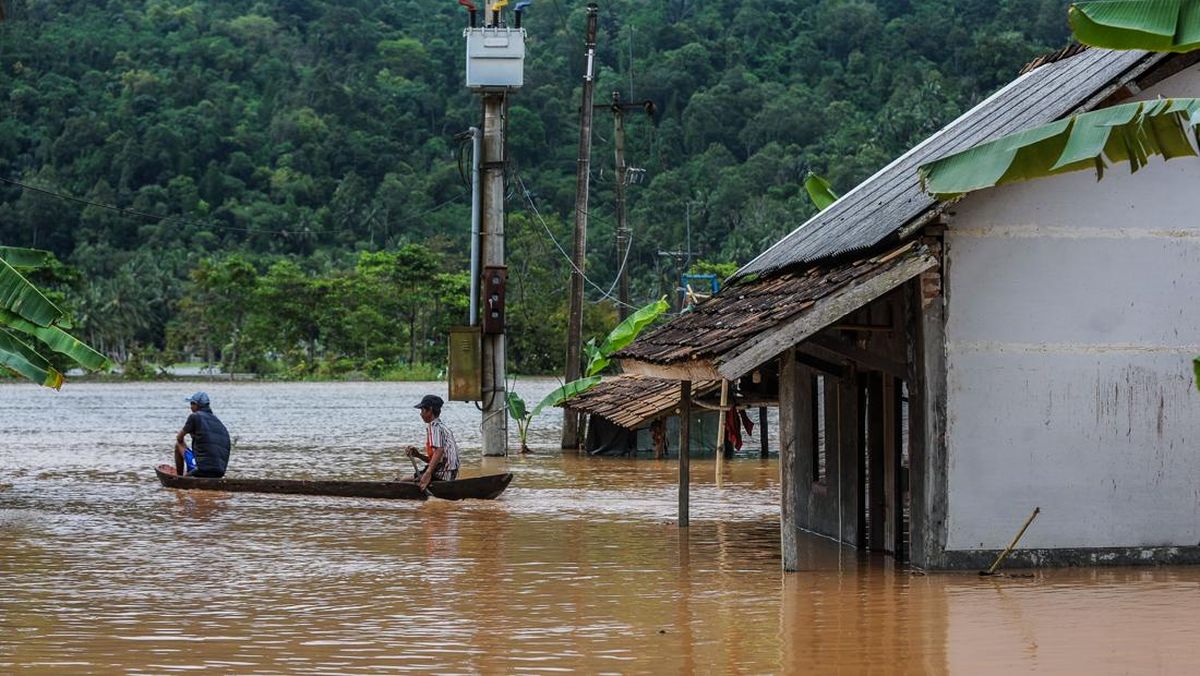January 10, 2025 | 02:48 pm
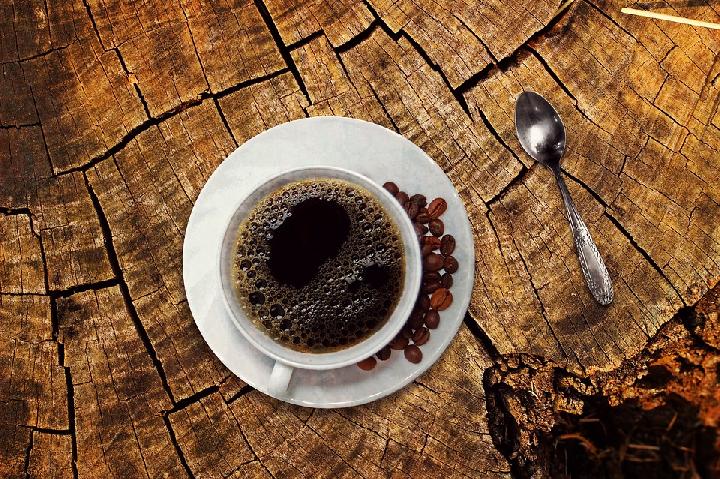
TEMPO.CO, Jakarta - In today's fast-paced culture, people rely on caffeine more than you might think. That is why it is not uncommon to see workers lining up at nearby coffee shops at lunchtime.
The question is, how long does it take for the caffeine to kick in? Much like any other operating system in our bodies, the after-effects of a boost actually depend on each individual. Let's take a look at what the experts say about caffeine consumption, as taken from Peloton the Output and Fortune Well.
How Long Does it Take for Caffeine to Kick in?
It has become common knowledge that consuming caffeine can alter our bodies in general including focus, mood, cognitive abilities, and even physical performance. Caffeine takes about 15 to 45 minutes to kick in, as per the Centers for Disease Control & Prevention.
For a closer look, the effects of caffeine have ranging pace variations based on case-per-case circumstances. Citing from Peloton the Output, France Largeman-Roth, RDN, a Dobbs Ferry, New York-based registered dietitian nutritionist, adds that the after-effect hits its peak performance anywhere from 45-60 minutes after consumption.
According to Dr. Marie-Pierre St-Onge, an associate professor of nutritional medicine at Columbia University Irving Medical Center, some people may need over eight hours to process caffeine. That is why it is always a good idea to time your caffeine intake according to your personal schedule.
How Long Does it Take for Caffeine to Wear Off?
According to Peloton the Output, if you sip a 100-milligram cup of coffee at 7 a.m., you will still have around 50 milligrams of caffeine in your system by about 9:30 a.m. until noon. In other words, it takes about two and a half to five hours for the half-life of caffeine to eventually wear off in your body. It is always advisable to limit your caffeine intake to no later than 2 p.m. or within six to eight hours of your bedtime to have a good night’s rest.
How Much Caffeine is OK?
For most healthy adults without pre-existing conditions, it is typically safe to consume up to 400 milligrams of caffeine consumption per day. For comparison, here are the most popular sources of caffeine and how much each weighs, according to the Food & Drug Administration (FDA):
8-ounce cup of coffee: 80-100 milligrams
12-ounce can of soda: 30-40 milligrams
8-ounce cup of green or black tea: 30-50 milligrams
8-ounce energy drink: 40-250 milligrams
1 ounce of chocolate: 12 milligrams
While caffeine affects everyone differently, doctors and nutritionists do not recommend caffeine consumption for people with the following conditions:
People with heart arrhythmias
People who are pregnant or breastfeeding
People with high blood pressure
People with migraines
People with gastroesophageal reflux disease
Caffeine Alternatives
Avoiding caffeine might be hard for some people who need an extra boost to function. However, there are many tips to follow that may help you get through the slump just fine. Some of them are:
Take a 30-minute power nap
Take a walk outside
Take a cold shower
Drink lemon water or a smoothie
- Take 10-minute breaks between work sessions of up to 90 minutes
WebMD recommends consuming foods that contain some protein or healthy fats to avoid a sugar crash. They added that certain scents, such as lemon, peppermint, and eucalyptus, can also help you stay focused and feel more awake.
Understanding how long it takes for caffeine to kick in is crucial to making informed decisions about your daily consumption. Tailoring your habits to your body's unique needs can lead to a healthier and more balanced approach to productivity. To start the year off right, check out some healthy habits that will transform your life here.
Editor’s Choice: 8 Quiet Cafes in Singapore to Escape the Noise
Click here to get the latest news updates from Tempo on Google News
7 Health Benefits of Chia Seeds : A Nutritious Food
2 jam lalu

Despite their tiny size, chia seeds are a nutritious food. Discover the health benefits of chia seeds.
Indonesian Health Minister: HMPV Virus Not Deadly
4 hari lalu

Indonesia's Minister of Health addressed concerns over the spread of the Metapneumovirus (HMPV) infection in China through late 2024 and into 2025.
Prabowo Introduces Free Health Check Program as Birthday Gift
7 hari lalu

President Prabowo Subianto announced a free health check program for all citizens on their birthdays.
Indonesia Sets Up 1,547 Health Posts for Road Travelers This Christmas, Year-end Holiday
15 hari lalu

Official says that health centers along the Pantura route and main roads will stay open 24 hours during the holidays.
4 Types of Accidents Not Covered by BPJS Kesehatan
17 hari lalu

Health Care & Social Security Agency (BPJS Kesehatan) doesn't cover all accident types, it only provides claim services for certain types of accidents
Getting Australian Cities Back to Health
22 hari lalu

Australia drifted away from the Healthy Cities movement it helped start. It can still get back on track.
Indonesian Coffee Wins Award in China
30 hari lalu

The upstream coffee industry in Indonesia is dominated by small farmers.
Indonesian Health Minister Calls on Public to Obtain Doctor's Prescription Before Buying Antibiotics
32 hari lalu

Indonesian Health Minister called on the public to obtain a doctor's prescription before procuring and consuming antibiotic medicines
Asia-Africa Health Education Accreditation Forum Held in Jakarta
33 hari lalu

The first Health Education Accreditation Agency in Indonesia, LAM-PTKes, held an international seminar on December 4-6, 2024, in Jakarta.
Poor Fuel Quality in Indonesia Affects Public Health, IESR Reports
51 hari lalu

Institute for Essential Services Reform (IESR) points out that the poor quality of fuel oil affects public health.

 3 months ago
68
3 months ago
68






